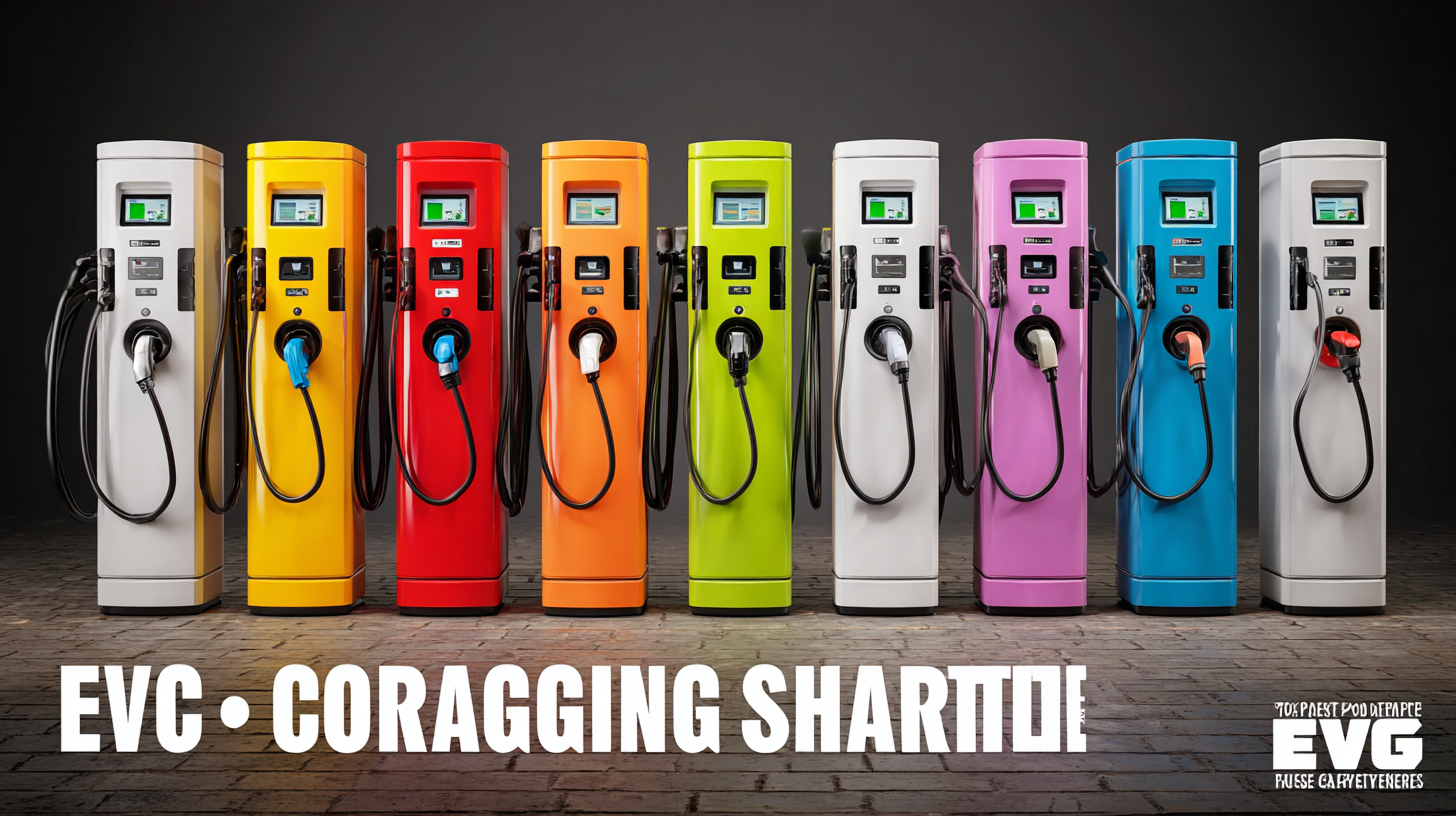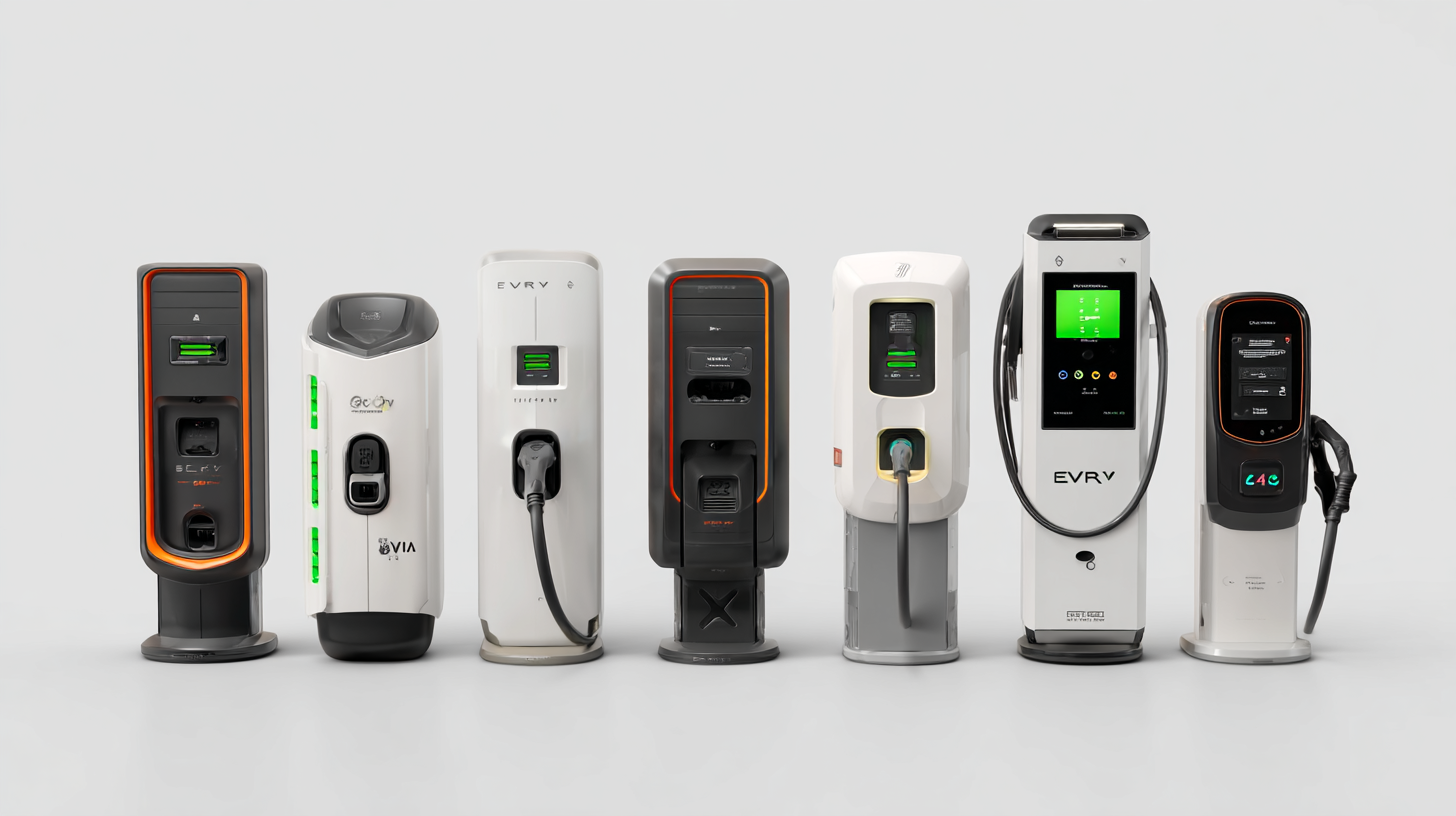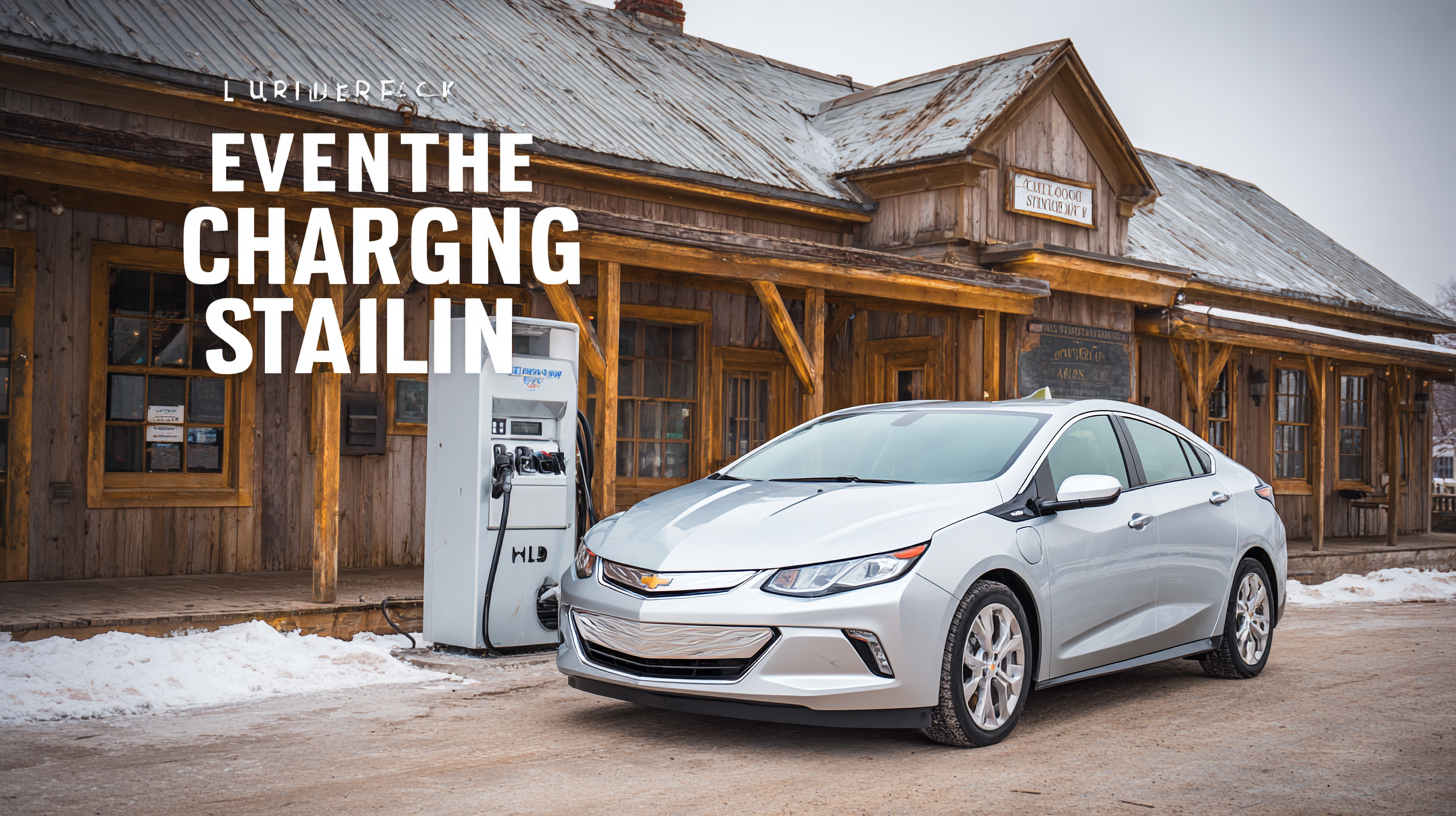When it comes to electric vehicles (EVs), one of the most pivotal considerations for drivers is ensuring a reliable and efficient means of charging. As the popularity of EVs continues to rise, the demand for convenient charging solutions has led to the development of Portable EV Charging Stations, specifically designed to meet the diverse needs of every driver. This guide serves as the ultimate resource for anyone looking to choose the best portable charging solution, regardless of their lifestyle or driving habits. From compact options perfect for city dwellers to more robust models suited for long road trips, understanding the various features, power outputs, and compatibility factors is crucial. Join us as we explore the essential elements that will help you make an informed decision and empower your EV journey, ensuring you stay charged and ready to hit the road wherever you go.

When selecting a portable EV charging station, several key features should guide your choice to ensure you meet your specific driving needs. First and foremost, consider the charging speed; look for stations that offer varying kilowatt ratings, as higher wattage can significantly reduce charging time. A station with a Level 2 charger will typically provide faster charging compared to a standard Level 1 option, making it essential for those who need a quick top-up while on the go.

Another important feature is compatibility with different vehicle makes and models. Not all charging stations work with every electric vehicle, so it's crucial to ensure that the portable charger supports the charging standards used by your EV. Additionally, portability features such as weight, handle design, and compactness are vital for ease of transport. A lightweight, compact charger will be easier to maneuver and store, making it more user-friendly for drivers who travel frequently or face space constraints.
Lastly, assessing safety features, such as overheating protection and durable construction, will provide peace of mind during use and safeguard your vehicle's battery health.
When it comes to selecting a portable EV charging station, understanding the differences between Level 1 and Level 2 chargers is essential for every driver. Level 1 chargers are the most basic option, typically using a standard 120V outlet. These chargers are convenient and can be plugged into any household outlet, making them ideal for overnight charging at home. However, they come with a significant drawback: their charging speed is relatively slow, often taking up to 12 to 20 hours to fully charge an electric vehicle, depending on the battery size.
On the other hand, Level 2 chargers operate at 240V and provide a much faster charging solution. These are better suited for those who need a quick top-up during the day or for longer trips. With Level 2 portable chargers, drivers can enjoy charging times that range from 4 to 8 hours for a full charge. While they require a dedicated outlet and a higher initial investment, the efficiency and time savings make them an attractive option for many EV owners. Therefore, understanding charging speeds will help drivers choose the most suitable portable charger that aligns with their lifestyle and daily needs.
When selecting a portable EV charging station, one of the most crucial factors to consider is compatibility. Not all charging stations are created equal, and understanding the various charging standards can help drivers ensure their electric vehicles (EVs) can efficiently utilize the station of their choice. According to the International Energy Agency (IEA), as of 2022, there were over 16 million electric cars on the roads, and this number is projected to grow significantly. As a result, the demand for compatible charging solutions is more critical than ever.
Most EVs on the market today support either Level 1 or Level 2 charging, with Level 1 offering a maximum of 120 volts and Level 2 ranging up to 240 volts. Furthermore, the type of connector used — such as the J1772 standard for North America or the CCS (Combined Charging System) used widely in Europe — plays a key role in compatibility. Reports from Bloomberg New Energy Finance indicate that by 2040, more than half of all new car sales worldwide are expected to be electric, prompting manufacturers to focus on universal compatibility in charging stations, thus enhancing accessibility for all drivers. Understanding these aspects is crucial for selecting a portable charging station that meets your needs and ensures a seamless charging experience.
When choosing a portable EV charging station, safety standards and certifications are paramount. The International Electrotechnical Commission (IEC) and Underwriters Laboratories (UL) are two of the leading organizations that establish rigorous safety criteria for electrical products. The IEC 61851 standard, which covers electric vehicle conductive charging systems, ensures that chargers effectively protect against electrical shocks, overheating, and fire hazards. According to a 2022 report by the U.S. Department of Energy, compliance with such standards significantly reduces the risk of incidents related to charging, safeguarding both the vehicle and the driver.
Moreover, certifications like those from the National Fire Protection Association (NFPA) further validate a product’s reliability. Analysts from the Electric Power Research Institute (EPRI) noted that chargers meeting these standards not only enhance safety but also improve charging efficiency by up to 20%. Choosing a portable EV charging station with these certifications ensures that drivers have a trusted technology that meets high-performance metrics while prioritizing safety. As the EV market grows, adhering to recognized safety protocols becomes essential for maintaining user confidence and infrastructure development.
When it comes to electric vehicle (EV) ownership, having a reliable portable charger can significantly enhance your driving experience. Whether you're a daily commuter, an adventurous road tripper, or a fleet manager, the right portable EV charger can meet your unique needs. For city dwellers who primarily drive short distances, a lightweight and compact charger that can easily fit in your trunk is essential. Look for models that offer a fast charging rate to ensure you’re back on the road quickly.

